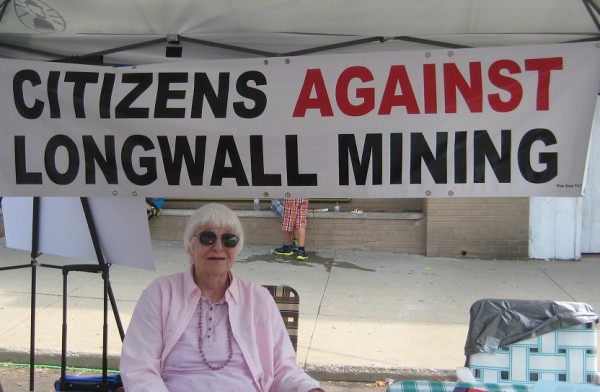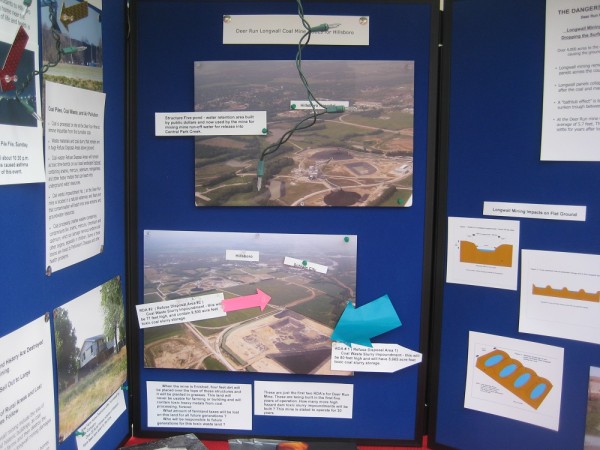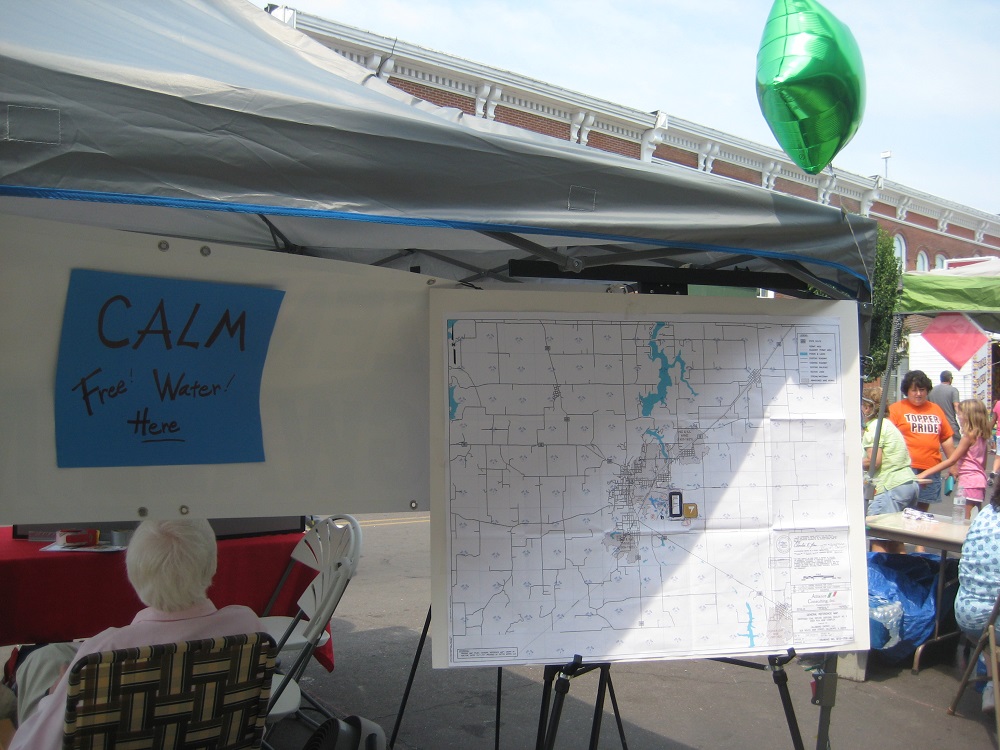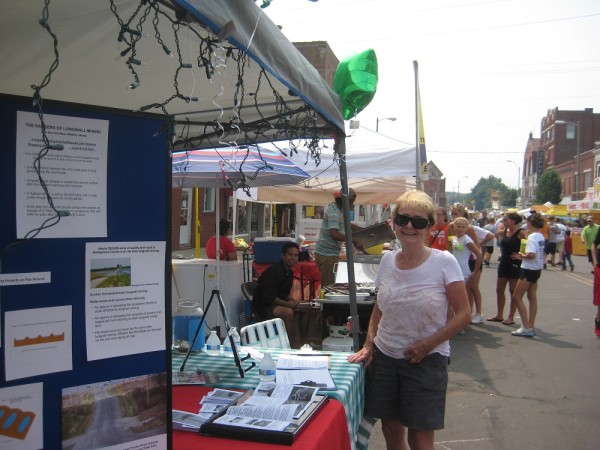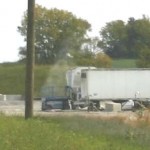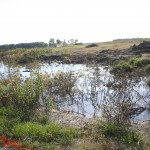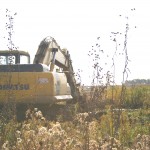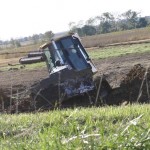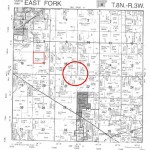The Attorney General has filed a complaint against Illinois Department of Natural Resources/Office of Mines and Minerals in Circuit Court at the Sangamon County Court House. The complaint of the AG involves several aspects of how IDNR/OMM handled the Administrative Review of Permit #355 for the Banner Mine, a proposed strip mine in Fulton County.
The issues in the Banner Mine suit are similar to how other mining permits, like the Deer Run Permit #399 are treated by OMM. The AG is bringing forth as a matter of public concern for OMM to acknowledge Illinois law and Supreme Court precedent. The AG is contesting before the court the following practices, procedures and applications of OMM as documented in the Administrative Review of Banner Mine:
1.   The AG considers OMM’s statutory interpretations, rules, and practices to be at odds with the plain meaning and applicability of the Mining Act and other State laws. In the Mining Act, it is expressed that OMM must “strike a balance between protection of the environment and agricultural productivity, and the Nation’s need for coal as a source of energy.â€
2.   The AG contends that OMM denies due process when it fails to afford the public participation rights granted by the Mining Act, the Administrative Procedure Act, and Supreme Court precedent. The Banner Mine Administrative Review was delayed over a year instead of being held within 30 days as directed by the Mining Act. The petitioners against Permit #399 have also been denied for almost 4 years due process since the administrative review has never been scheduled.
3.   OMM has interpreted its administrative rules to curtail and constrain the ability of 3rd parties such as private citizens and environmental organizations to question why any given mining permit has been issued.
4.   The AG considers a mining permit to be a license and a permit application review proceeding to be a contested case. OMM refused to abide by contested case requirements and the review proceedings were mishandled in the Banner Mine proceedings.
5.   OMM refuses to recognize AG’s authority to seek reversal of coal permit decisions when designated as inappropriately approved as in the case of Banner Mine
6.   The AG anticipates that OMM will continue to delay the timely commencement of the permit review hearing based on a prior pattern that is unacceptable. A circuit court ruling would require OMM to comply with its legislative authorization.
7.   OMM cannot delegate any authority for final action on a mining permit to the Hearing Officer. This action of insisting on adjudication by the Hearing Officer has delayed administrative reviews for several years. A 30 day time period for the administrative review is not followed partly due to the emphasis on the Hearing Officer’s role.
8.   OMM participates as an adversarial party to the public by dismissing petitioners for questionably valid reasons. Petitioners of Permit #399 and their lawyer have been threatened by OMM with potential sanctioning. The same obstructive behavior exists for an administrative review of Significant Revision #1 of Permit #399.
The irony of the AG’s complaint is that IDNR/OMM is being defended by the same West Virginia law firm, Bailey and Glasser, who has battled against CALM petitioners. Hillsboro Energy, LLC is an intervener for IDNR/OMM in Permit #399 and Significant Revision #1 of Permit #399. The petitioners against Deer Run Mine have one lawyer who must face 4-5 lawyers representing IDNR/OMM and Hillsboro Energy, LLC. Concerned citizens are definitely discriminated against in the handling of mining permit reviews.
According to the Mining Act, OMM should assure that “plans for all mining operations are available for the prior consideration of the public†in order to “prevent erosion, stream pollution, water, air, and land pollution and other injurious effects to persons, property, wildlife and natural resources,†and protect “the health, safety and general welfare of the people, the natural beauty and aesthetic values, and enhancement of the environment in the affected areas of the State,†while providing for “the enhancement of wildlife and aquatic resources.â€
The petitioners against mining permit # 399 have been ignored and their rights denied.  This long discouraging battle has a tragic outcome. There is not only one high hazard coal slurry impoundment in Hillsboro, but soon to be another almost twice the size closer to residents and built over mine voids. The citizens endure the dust, contaminated and lost water, subsided farmland, lower property values, and the most significant tragedy is the resulting adverse health consequences. The coal will most likely be exported, but the pollution and impoundments remain.


